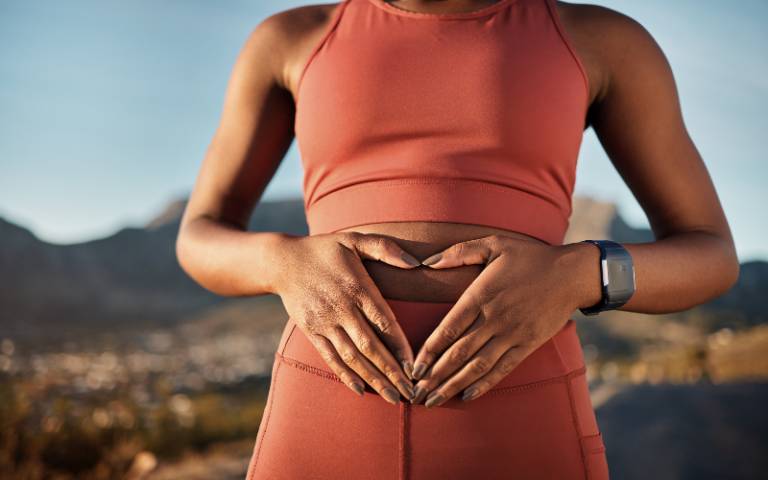In a world where women's health disparities persist, UCL is championing initiatives that prioritise the holistic wellbeing of women at every stage of life.

From navigating periods and pregnancy, through to the transitions of menopause and beyond, UCL experts have been working to tackle systemic injustices through pioneering research, state-of-the-art technologies, and comprehensive healthcare strategies.
This dedication to women's wellbeing is particularly relevant as the world celebrates International Women's Day (8th March 2024), which aims in part to empower women to make informed decisions about their health and bodies. This year, the theme is "Inspire Inclusion," - and UCL is highlighting the importance of creating a healthy future for all, through the UCL Women's Health Week campaign.
Over the past year, UCL researchers have announced plans for the UK's first menopause education and support network, released research on reproductive health and voiced the experiences of women who have suffered miscarriage.
Here, we explore some of the ways UCL is creating breakthrough cures and treatments to transform the future of female wellbeing for all…
YouTube Widget Placeholderhttps://www.youtube.com/watch?v=2RVNUC7jvxU
Project period
People's bodies undergo multiple changes throughout their lives. For many, this starts with menstruation.
UCL research has previously shown that those who menstruate are calling for better education and support around their periods and how they might change over the course of their lives.
Professor Joyce Harper (UCL EGA Institute for Women's Health) led the research and has spent over 30 years working in the fields of fertility, genetics, reproductive health and women's health.
She said: "Most negative menstrual experiences stem from a lack of education about what is and isn't normal and when to seek medical care.
"Early, inclusive, and comprehensive menstrual education is vital for everyone, alongside specialised women's health training for healthcare professionals."






